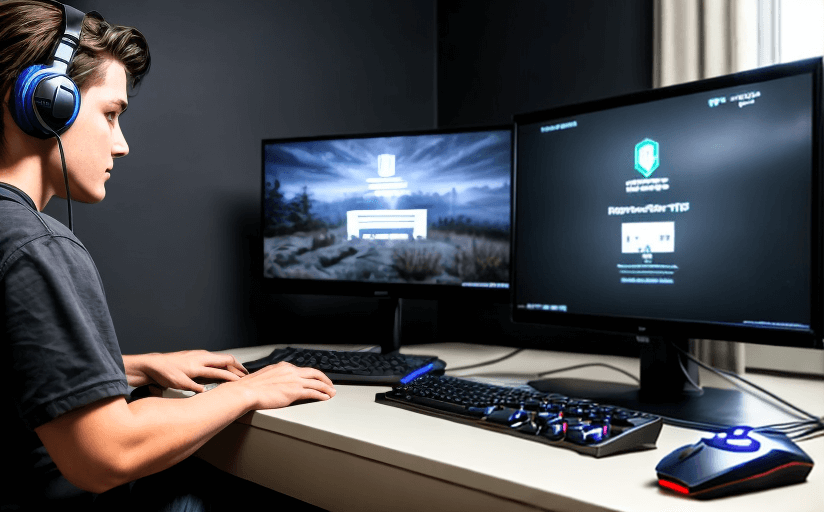The Impact of Gaming and Esports on Mental Health
As gaming and esports have become increasingly popular, they have also become increasingly scrutinized. With the rise of streaming platforms, online gaming, and professional esports, the effects of gaming and esports on mental health have come into focus. While gaming and esports can have both positive and negative impacts on mental health, it is important to recognize how individuals and gaming communities are adapting to the changing landscape of gaming and esports. Here, we will discuss the positive and negative impacts of gaming and esports on mental health, and how mental health professionals are responding to the growing prevalence of gaming and esports.
Positive Impacts on Mental Health
The positive impacts of gaming and esports on mental health include increased self-esteem, improved problem-solving skills, and improved social connections. Through gaming and esports, people can find an escape from their everyday lives and an opportunity to engage with others in a shared virtual space. Gaming and esports can also provide an outlet for creativity and can be used to create an interactive, safe environment for social connections. Additionally, gaming and esports can provide an avenue for competition and achievement, which can help to boost self-esteem and foster a sense of accomplishment.
Negative Impacts on Mental Health
While gaming and esports can have positive impacts on mental health, they can also have negative impacts. Excessive gaming or esports participation can lead to feelings of isolation, depression, and anxiety. Gaming and esports can also be addictive and can lead to unhealthy habits such as neglecting physical health, lack of sleep, and poor nutrition. Additionally, gaming and esports can provide a platform for cyberbullying, which can cause mental distress.
Adapting to the Changing Landscape of Gaming and Esports
Individuals and gaming communities are adapting to the changing landscape of gaming and esports by increasing awareness of mental health issues and taking steps to reduce the negative impacts of gaming and esports. Gaming platforms are introducing features that help players manage their time and limit their gaming sessions. Additionally, gaming communities are working together to create a safe and inclusive environment for all gamers. Professional esports organizations are also taking steps to ensure the mental health of their players by providing mental health support and education.
The Role of Mental Health Professionals
Mental health professionals are responding to the growing prevalence of gaming and esports by providing counseling and support to individuals and gaming communities. Mental health professionals can help gamers create healthy gaming habits, such as limiting their gaming sessions and taking breaks. Additionally, mental health professionals can provide education and awareness about the potential mental health impacts of gaming and esports. It is important for mental health professionals to be aware of the changing landscape of gaming and esports in order to provide effective support and guidance.
Conclusion
Gaming and esports can have both positive and negative impacts on mental health. It is important to recognize how individuals and gaming communities are adapting to the changing landscape of gaming and esports, and to understand how mental health professionals are responding to the growing prevalence of gaming and esports. With the right support and guidance, gaming and esports can be a positive experience for everyone involved.


















Comments
Leave a Comment